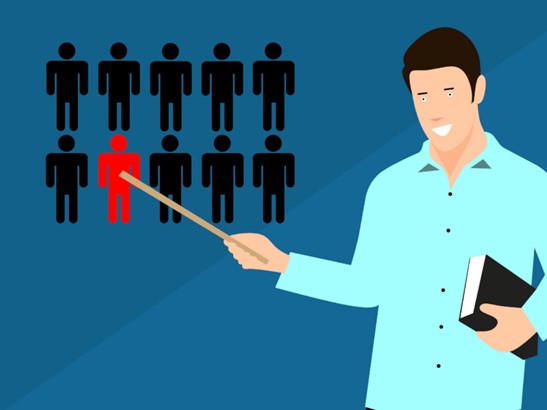A Scientific Scrutiny of Individuality

Recently, while I was driving, my radio was tuned by propitious coincidence to an interview with Dr. David J. Linden, a neuroscientist and the author of Unique: The New Science of Human Individuality (New York: Basic Books, 2020). Since I frequently reference individuality in my writing, I was deeply interested in listening to his perspectives and findings. Subsequently, I bought his book and decided to share some of his most salient ideas, such as the following passage from the epilogue:
What does the science of human individuality tell us about free will and human agency? Are we genetically predetermined automatons, directed by our gene variants to have particular maladies, personalities, skills, intelligence, and sexual desires? Or are we pure blank slates, ready to be individually formed by our social and cultural experiences into shining creatures of free will, with limitless potential and choice? Of course the answer is neither one. As we’ve discussed, a good phrase to replace the tired and inaccurate “nature versus nurture” is the more complicated “heredity interacting with experience, filtered through the inherent randomness of development.” Experience, in this sense, is a broad category that includes social and cultural experiences, but also the illnesses you’ve had, your physical environment, the bacteria that have colonized your body, and even potentially the cells from your mother and older siblings that may still live in your body.(249, emphasis mine)
Dr. Linden makes many references to studies with twin populations that purport to determine the heritability or nonheritability of certain traits and behavior. He believes that many people misconstrue the outcomes of such studies and therefore misinterpret the conclusions. He asserts that studies must be conducted and reported upon in the context of social and cultural factors. For instance, one might expect different outcomes for calculating an individual’s genetic potential for height in countries whose populations have minimal access to healthy food or are chronically malnourished.
I greatly appreciate how he connects the importance of the brain, the body, and individual experience in describing genetic distinctions:
When social experience—like parental neglect or bullying or nurturing—affects individuality in adulthood it does so through biological effects on the brain. And when talk therapy works to ameliorate negative behavioral effects later on in life, it does so by changing the brain as well. We can potentially understand the molding effects of early social experience in terms of identified molecular and cellular signals. . . . Each of us operates from a different perception of the world and a different perception of ourselves. In this way, the interreacting forces of hereditary, experience, plasticity, and development resonate to make us unique.(52)
When we help twins develop their individuality, I believe considering this expansive criteria is useful. I have written previously about taking a nonlinear view of development. Understanding that our genes alone do not preordain our destiny is well-founded in science. Research has made it clear that our genes are flexible and easily manipulated by the randomness of human development and our experience in the world.
Image courtesy of pxfuel.com

